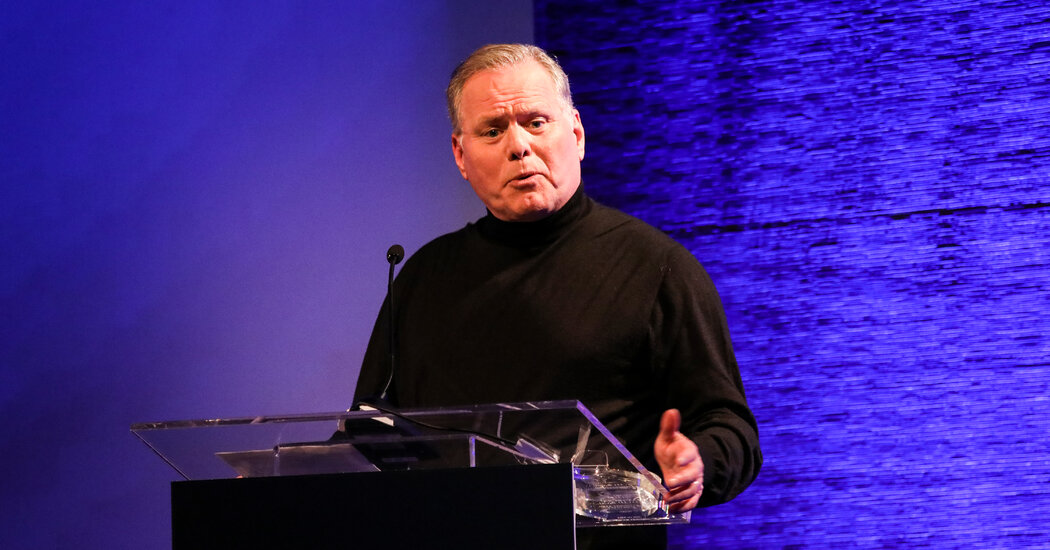Credit score: Unsplash/CC0 Public Area
A majority of people who’re deaf or have listening to loss face important communication obstacles when accessing care by means of the Nationwide Well being Service (NHS), with almost two-thirds of sufferers lacking half or extra of important info shared throughout appointments.
A workforce of sufferers, clinicians, researchers and charity representatives, led by the College of Cambridge and the British Society of Audiology, surveyed over 550 people who find themselves deaf or have listening to loss about their experiences with the NHS—making it the most important research of its sort.
Their findings, reported within the journal PLOS One, spotlight systemic failures and counsel adjustments and proposals for bettering deaf-aware communication within the NHS.
“The real power of this study lies in the stories people shared,” mentioned lead writer Dr. Bhavisha Parmar from Cambridge’s Division of Scientific Neurosciences (Sound Lab) and UCL Ear Institute. “Patients weren’t just rating their experiences—they were telling us how these barriers affect every part of their health care journey, and in many cases, why they avoid health care altogether.”
The research discovered that regardless of being a authorized requirement beneath the Accessible Info Requirements, NHS sufferers have insufficient and inconsistent entry to British Signal Language (BSL) interpreters and different accessibility lodging resembling listening to loop techniques.
Almost two-thirds (64.4%) of respondents reported lacking at the very least half of the essential info throughout appointments, and solely a 3rd (32%) expressed satisfaction with NHS workers communication expertise. Respondents mentioned they needed to depend on members of the family or advocates to speak with well being care employees, elevating privateness and consent issues.
The analysis discovered that communication obstacles lengthen throughout all the affected person journey—from reserving appointments to receiving outcomes. Easy actions, like calling a affected person’s identify in a ready room or giving directions throughout a scan, turn out to be anxiety-inducing when primary lodging are missing. Respondents famous that listening to aids usually have to be eliminated for X-rays or MRI scans, leaving them struggling or unable to observe verbal directions.
“We heard over and over that patients fear missing their name being called, or avoid making appointments altogether,” mentioned Parmar. “These aren’t isolated experiences—this is a systemic issue.”
The concept for the research was sparked by real-life experiences shared on-line by NHS sufferers, notably audiology sufferers—a discipline Parmar believes ought to lead by instance.
“We’re audiologists: we see more patients with hearing loss than anyone else in the NHS,” she mentioned. “If we’re not deaf-aware, then how can we expect other parts of the NHS to be?”
The analysis workforce included NHS sufferers with deafness or listening to loss, who contributed to check design, knowledge evaluation, and report writing. As a part of the research, they acquired coaching in analysis strategies, guaranteeing the work was grounded in and reflective of lived experiences.
Co-author Zara Musker, present England Deaf Girls’s futsal captain and winner of deaf sports activities persona of the 12 months 2023 mentioned her disappointing experiences with the NHS partly motivated her to qualify as an audiologist.
“The research is extremely important as I have faced my own experiences of inadequate access, and lack of deaf awareness in NHS health care not just in the appointment room but the whole process of booking appointments, being in the waiting room, interacting with clinicians and receiving important health care information,” mentioned Musker.
“I really hope that the results will really highlight that NHS services are still not meeting the needs of patients. Despite this, the study also highlights ways that the NHS can improve, and recommendations are suggested by those who face these barriers within health care.”
The researchers have additionally launched a set of suggestions that might enhance accessibility within the NHS, resembling:
Obligatory deaf consciousness and communication coaching for NHS workers
Constant provision of interpreters and alert techniques throughout all NHS websites
Infrastructure enhancements, resembling text-based appointment techniques and visible ready room alerts
The creation of walk-through assessments at hospitals to make sure accessibility throughout the total affected person journey
“This is a legal obligation, not a luxury,” mentioned Parmar. “No one should have to write down their symptoms in a GP appointment or worry they’ll miss their name being called in a waiting room. These are simple, solvable issues.”
A apply steerage useful resource—developed in session with sufferers and pushed by this analysis—is at present open for suggestions till 15 June and might be made publicly obtainable as a free instrument to assist clinicians and NHS providers enhance deaf consciousness. Individuals can submit suggestions on the British Society of Audiology web site.
“Ultimately, better communication for deaf patients benefits everyone,” Parmar mentioned. “We’re not just pointing out problems—we’re providing practical solutions.”
Extra info:
“I always feel like I’m the first deaf person they have ever met.” Deaf Consciousness, Accessibility and Communication in the UK’s Nationwide Well being Service (NHS): How can we do higher?, PLOS One (2025). DOI: 10.1371/journal.pone.0322850
Offered by
College of Cambridge
Quotation:
Research finds important gaps in NHS take care of sufferers who’re deaf or have listening to loss (2025, Might 7)
retrieved 7 Might 2025
from https://medicalxpress.com/information/2025-05-significant-gaps-nhs-patients-deaf.html
This doc is topic to copyright. Aside from any honest dealing for the aim of personal research or analysis, no
half could also be reproduced with out the written permission. The content material is offered for info functions solely.




